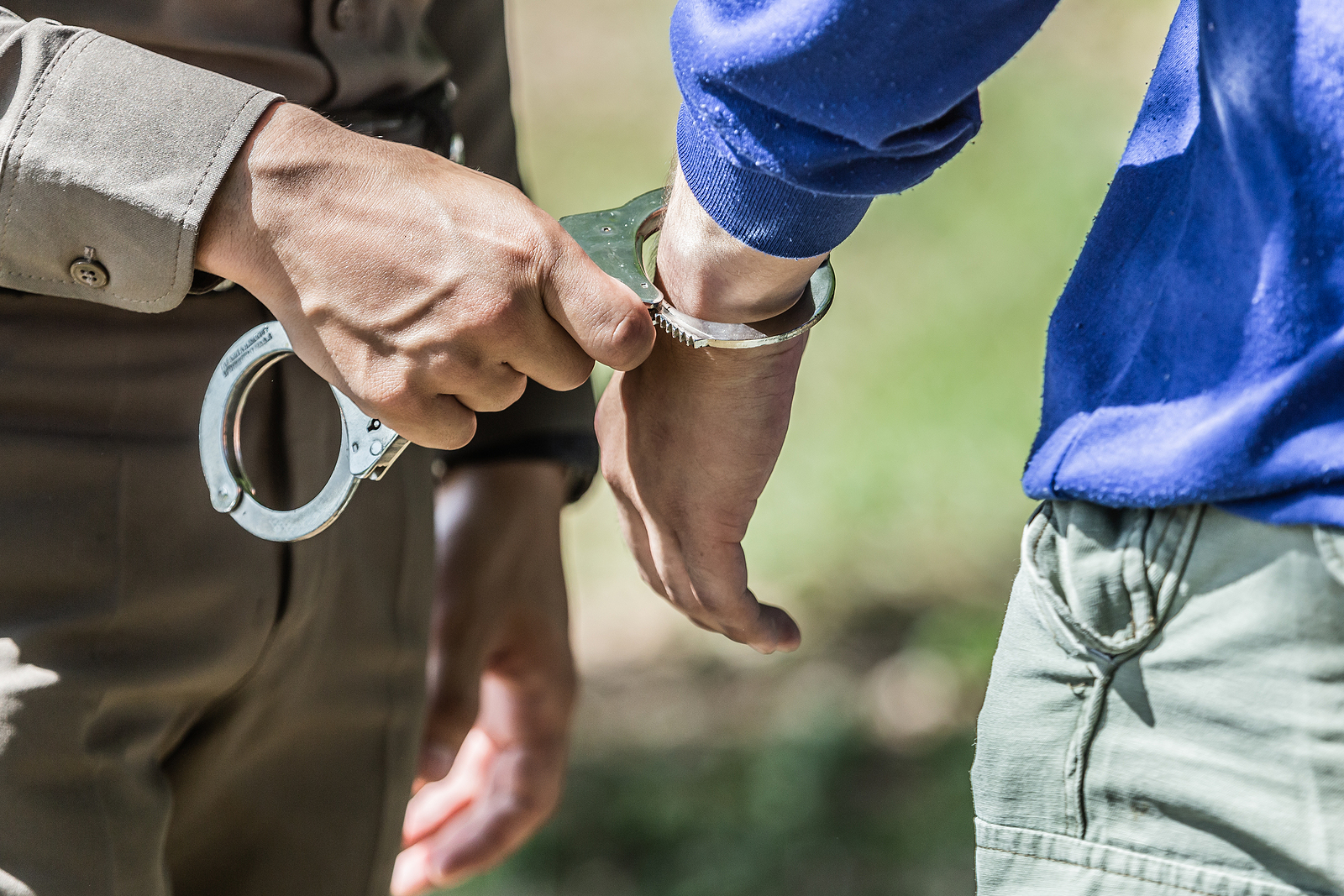Social media sites such as Instagram, Facebook, and Twitter have made it easier to connect with friends, family members, and even people you have never met before. These platforms are also a great outlet for news and entertainment. Still, it is important to remember that regardless of the privacy settings you select, nothing you post to your social media accounts is ever really private.
If you are being investigated for a crime, law enforcement may search through your social media history to look for information that can incriminate you or counter certain statements you have made. Below, our Monroe criminal defense lawyer explains four ways social media may impact your criminal case.
How Video and Photos Could Hurt Your Case
Social media platforms are often used to post photos and videos, but doing so could potentially hurt your case. For example, if you are arrested for driving under the influence and you posted a video of you and your friends doing shots of alcohol an hour beforehand, the content can be used as evidence to show that you were drunk when you got behind the wheel. Also, if you post a video depicting someone being physically hurt or killed, you can face criminal consequences, even if you did not commit the crime.
Location Settings
On some social media sites, such as Facebook, users can post their location when publishing content. When a user has the location services on their phone turned on, some sites such as Snapchat do this automatically. This is a fun feature if you plan to meet up with friends or want to show that you were in a fun location, such as when you are on vacation. Location services can also hurt your case if you are being investigated for a crime. For example, if you tell the police you were in one location but your social media shows that is not true, it could contradict your previous alibi or worse, even place you at the scene of the crime.
Private and Direct Messages
You may think the private messages you send to your followers and friends cannot be seen by anyone else, but that is not true. Under the Stored Communications Act, social media companies are allowed to provide user information and communications to third parties, particularly law enforcement. If you discussed plans or had an argument with someone in a private message, it could be taken out of context and the prosecution may use it against you.
Posts Showing Your Character
If you are being investigated for a crime, your emotions will be running high. Still, it is recommended that you do not go onto social media to vent your frustration. Anything you post to social media can be used against you, even if you only intended it as a joke. For example, if you jokingly post that you are going to punch the next rude customer, the prosecution may use it to argue that you have violent tendencies.
Our Criminal Defense Lawyer in Monroe Will Protect Your Rights
Just as there are many things you should do when charged with a crime, there are also many things you should not. At Whiddon Criminal Defense, our Monroe criminal defense lawyer will advise you of the most important steps to take, and avoid, so you have the best chance of beating the charges. Call us now at 318-594-3592 or contact us online to schedule a free consultation.


 Call Us Now
Call Us Now Email Us Now
Email Us Now
